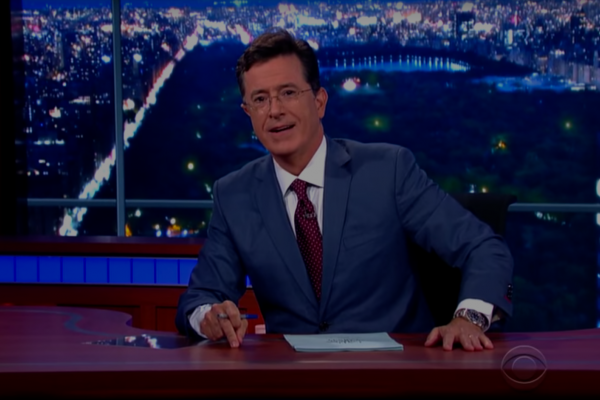Sep 9, 2015
This simultaneously funny and touching interaction opened a space for Colbert to ask Jeb Bush, somewhat abruptly, “In what ways do you politically differ from your brother George?”
Bush tried to joke, but this time, Colbert was serious. He insisted on a real response.
And because he was not asking Jeb to criticize his brother, only to point out a political difference, the governor must have felt obliged.
“He didn’t veto things,” Bush said.
“He didn’t bring order, fiscal restraint.”
With a combination of satire and earnestness, Colbert finagled an honest, illuminating answer from Jeb Bush about George’s legacy, something most media figures would have had a much harder time doing.
Read the Full Article

Already a subscriber? Login
